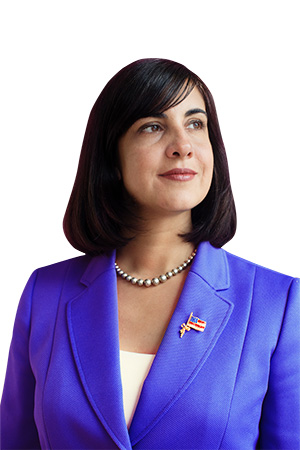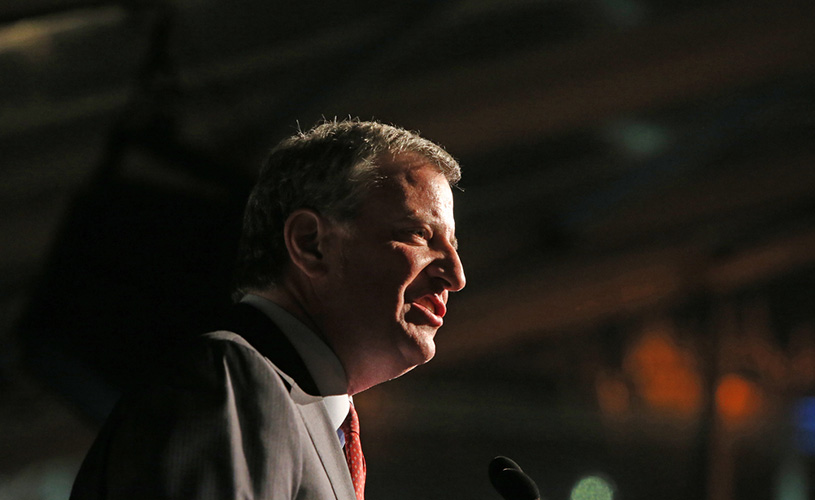This week, lower Manhattan was once again the site of a terrorist attack. Although the perpetrator was taken into custody, the aftermath has cast a pall over New York City, affecting the police presence in the city, the final mayoral debate and debates over immigration and the death penalty. From the attack to the ongoing trial of former New York City correction union head Norman Seabrook, here are the biggest headlines this week.
Nightmare in lower Manhattan
On Halloween, a man drove a rented pickup truck down a bike path along the Hudson River in lower Manhattan, killing eight people and injuring 12 more, in the deadliest terror attack in New York City since Sept. 11, 2001. Sayfullo Saipov, a 29-year-old immigrant from Uzbekistan, drove the truck until he crashed, got out, was shot in the abdomen by a police officer and taken into custody. Saipov appeared in federal court on Wednesday, where prosecutors filed charges against him. He confessed to investigators that he was inspired by Islamic State group propaganda videos, and had planned this attack for a year.
President Donald Trump reacted quickly to the attack, condemning the “diversity visa lottery program,” which allowed Saipov to enter the country, and calling it “a Chuck Schumer beauty.” The senator from New York sponsored the bipartisan immigration measure in 1990, but also supported a repeal of it in the failed 2013 Senate immigration reform plan. Schumer and Gov. Andrew Cuomo criticized Trump for politicizing the tragedy. Despite the attack and the subsequent politicking, life in New York continued as usual, as even on the day of the attack, the annual Village Halloween Parade still featured revelers of all ages.

Quieter debate after deadly attack
New York City Mayor Bill de Blasio, Republican mayoral nominee Nicole Malliotakis and independent Bo Dietl participated in the second and final debate before the election on Wednesday. Unlike the first debate, which was marred by shouting from candidates and audience members, the second was a more subdued affair, due to the terror attack the previous day. The first three questions of the debate focused on terrorism, and neither Malliotakis nor Dietl criticized the mayor for his handling of the crisis, although Dietl did support the idea of profiling Muslims as terror suspects. De Blasio’s two challengers did accuse him of promoting a pay-to-play culture in City Hall, but the somber atmosphere prevented the debate from getting too rowdy – and the mayor from having to defend his record as strenuously.

Rechnitz revelations continue
Jona Rechnitz, former de Blasio donor and key government witness in the federal corruption trial of former New York City correction union head Norman Seabrook, continued his testimony this week, alleging that he used his wealth to obtain favors from City Hall. Rechnitz said he raised $193,000 on behalf of the mayor in a failed effort to flip control of the state Senate, which bought him access to the mayor’s office. He also supposedly paid for a de Blasio aide’s hotel in the Dominican Republic. Although Seabrook’s lawyers have tried to portray Rechnitz as a liar – and de Blasio is evading all questions on the topic – the optics are not good for a mayor who recently was investigated over campaign finance contributions.


